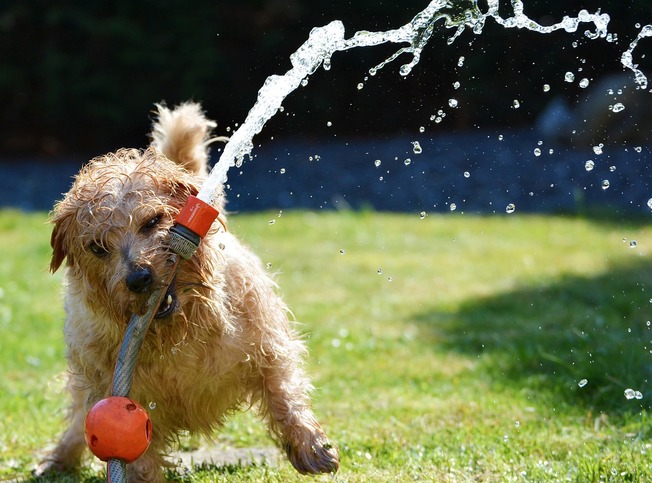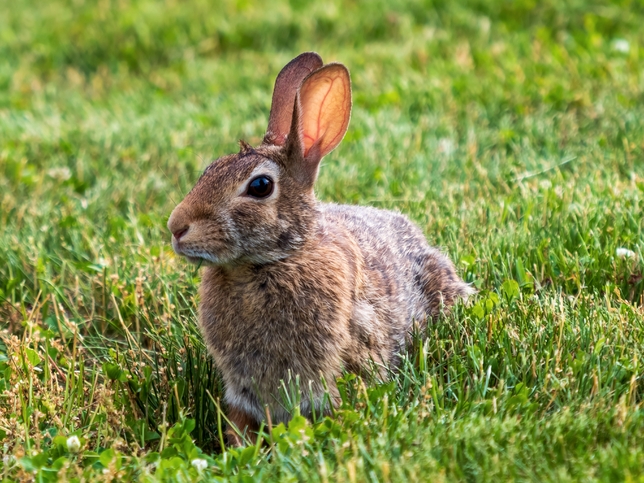Your Pet's Hygiene: A Key Factor for Health and Well-Being

Essential steps to ensure proper hygiene for your pet
Keeping our pets clean and healthy is one of the most important responsibilities we take on as pet owners. Although questions often arise about how to carry out this care, it is not as complicated as it seems. Your pet's hygiene plays a crucial role in their overall health and well-being, and will depend largely on the daily attention we give them. It doesn't matter if you have a cat, known for its natural tendency to cleanliness, or a dog, which requires more frequent care; both need special attention to keep them in top condition.
Proper hygiene is not only about keeping your pet clean, but also about preventing diseases and health problems that can arise if they are not cared for properly. Here are some practical tips to help your furry companion enjoy optimal hygiene, which will allow them to live a healthier and happier life.
1. Regular Baths with Specialized Shampoo
Bathing is one of the first activities you should incorporate into your pet's hygiene routine. Although the frequency of baths may vary depending on your pet's breed, age and lifestyle, it is recommended to bathe two to three times a week. To avoid any skin irritation, be sure to use shampoos specifically designed for animals, as human products can damage their delicate epidermis. It is also essential to make sure to rinse the shampoo thoroughly to remove any residue that may cause discomfort or irritation.
2. Dental Care: Don't Forget Their Teeth
Dental hygiene is often one of the most neglected aspects of pet care, but it is equally vital to their overall health. Just as in humans, plaque and tartar buildup on your pet's teeth can lead to serious health problems, such as oral infections, gum disease, or even heart and kidney problems. Regular use of toothbrushes and toothpastes specially formulated for dogs and cats is essential. Brushing their teeth at least once a week will help prevent these problems and keep their breath fresh.
3. Regular Nail Trimming: More Than Aesthetics
Long nails are not only an aesthetic concern, but can affect your pet's comfort and mobility. Excessively long nails can cause pain, difficulty walking and even paw injuries. Periodic nail trimming is important, and if you don't feel confident doing it yourself, don't hesitate to see a professional. Remember that if your pet is very active outdoors, it is likely to need more frequent trims.
4. Cleaning Ears and Eyes: Take Care of their Senses
As with the teeth, your pet's ears and eyes need special attention. Ears should be cleaned regularly with specific products to avoid wax accumulation, which could lead to infections. Signs such as excessive ear scratching or unusual secretions may indicate that something is not right, so do not hesitate to consult a veterinarian if in doubt. As for the eyes, if you notice redness, secretions or that your pet rubs continuously, it is advisable to use mild ophthalmic solutions for cleaning, always under the guidance of a specialist.
5. Brushing: A Fundamental Step
Regular brushing not only helps to keep the coat shiny and healthy, but also plays an important role in the distribution of the skin's natural oils, which protects the epidermis. For dogs and cats, this process removes dead hair, reduces tangles and minimizes the amount of hair your pet could ingest while grooming. In cats, in particular, frequent brushing can prevent hairball formation, which will help them avoid digestive problems. It is also an excellent opportunity to check their skin for fleas, ticks or other conditions that may require veterinary attention.
6. Deworming: Don't Forget
Hygiene care also includes keeping your pet free of parasites. Internal and external parasites, such as fleas, ticks and intestinal worms, are not only annoying, but can cause serious health complications. Regular deworming, as directed by your veterinarian, is essential to ensure that your pet does not suffer from these infestations.
7. A Clean and Safe Environment
Finally, we cannot forget that a clean home is essential for your pet's health. Make sure their bedding, toys, and areas where they spend most of their time are regularly cleaned and disinfected. A clean environment helps prevent infections and other hygiene-related health problems.
Conclusion: A Daily Care Routine
Your pet's well-being depends largely on the care and attention you give him or her. Establishing a daily grooming routine will not only improve their quality of life, but also strengthen the bond between the two of you. Although some aspects, such as bathing and brushing, are easy to do at home, remember that you can always count on the support of professionals for those cares that require more experience. With these simple steps, your pet will stay clean, healthy and happy, which will be reflected in its energy and attitude.

Children and animals: a friendship that changes lives
Dogs, cats and even horses can be the best companions in the growth of the youngest children

Healthy Homes: Innovative Strategies for Effective Cleaning in Homes with Pets
Practical tips to preserve a clean and safe environment for the whole family

Nutritional supplements for animals: do our pets really need them?
Learn what they are, how to use them and when it is really necessary to include supplements in your pet's diet.

How to choose the perfect diet for your pet?
A practical guide to understanding the nutritional needs of dogs, cats and other pets.



